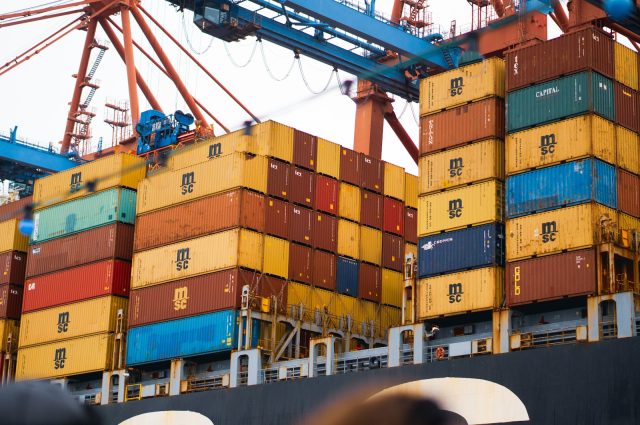
The UK shipping industry is expecting significant transformation in the years to come, spurred on by technological advances, environmental necessities and evolving global trade dynamics. These changes will shape future employment trends, affecting the types of maritime jobs available, the skills required and the overall workforce landscape. Here we’ve provided a breakdown of the future career trends anticipated in the UK shipping industry.
Technological Expertise
As the shipping industry continues to welcome digitalisation and automation, there will be a rising demand for professionals with expertise in technology. Careers related to IT, data analytics and cybersecurity will become increasingly significant as shipping companies seek to enhance operational efficiency, optimise logistics and protect against cyber threats. Skills in managing digital platforms, analysing big data and implementing automated systems will be highly sought after.
Sustainability
The push for greener shipping practices will drive demand for roles focused on sustainability and environmental management. Professionals with expertise in environmental science, alternative fuels and energy-efficient technologies will be needed to help the industry meet international environmental standards and reduce its carbon footprint. Jobs related to compliance, sustainability and green technology development are expected to grow as companies prioritise environmental responsibility.
Traditional Roles
While technology will transform many traditional roles, there will still be a need for skilled maritime professionals. However, these roles will evolve to include new technologies and practices. For instance, engineers will need to be proficient in operating advanced navigation systems and maintaining modern, eco-friendly engines. Continuous training and upskilling will be essential to ensure that the workforce can adapt to these changes.
Logistics
The complexity of global supply chains and the need for efficient logistics solutions will drive demand for professionals in these fields. As companies navigate changing trade routes and regulatory environments, expertise in supply chain optimisation, customs brokerage and freight management will be critical. The ability to manage logistics in a dynamic and interconnected world will be a key asset for future employees.
Diversity and Inclusion
The shipping industry is expected to continue its efforts to encourage diversity and inclusion within the workforce. Initiatives to attract more women and under-represented groups into maritime careers will be supported by schemes aimed at creating a more inclusive industry. This focus on diversity will not only enhance the talent pool but also bring different perspectives and innovation to the industry.
Geopolitical and Economic Factors
Geopolitical developments and economic fluctuations will affect employment trends in the shipping industry. The impact of Brexit, changes in international trade agreements and global economic conditions will influence the demand for shipping services and associated employment. Flexibility and adaptability will be essential for workers as the industry navigates these challenges and opportunities.
The future employment trends in the UK shipping industry will be marked by a shift towards technological expertise, a focus on sustainability and the evolution of traditional roles. As the sector adapts to new challenges and opportunities, it will continue to present diverse career paths and contribute to the UK’s economic growth. Embracing these trends will be essential for both employers and employees to remain competitive and resilient in a rapidly changing global landscape.










